The Legacy: Godfred Baseley, the man who invented The Archers
We take a brief look at the life and inspiration of the man behind the world's longest running radio serial.

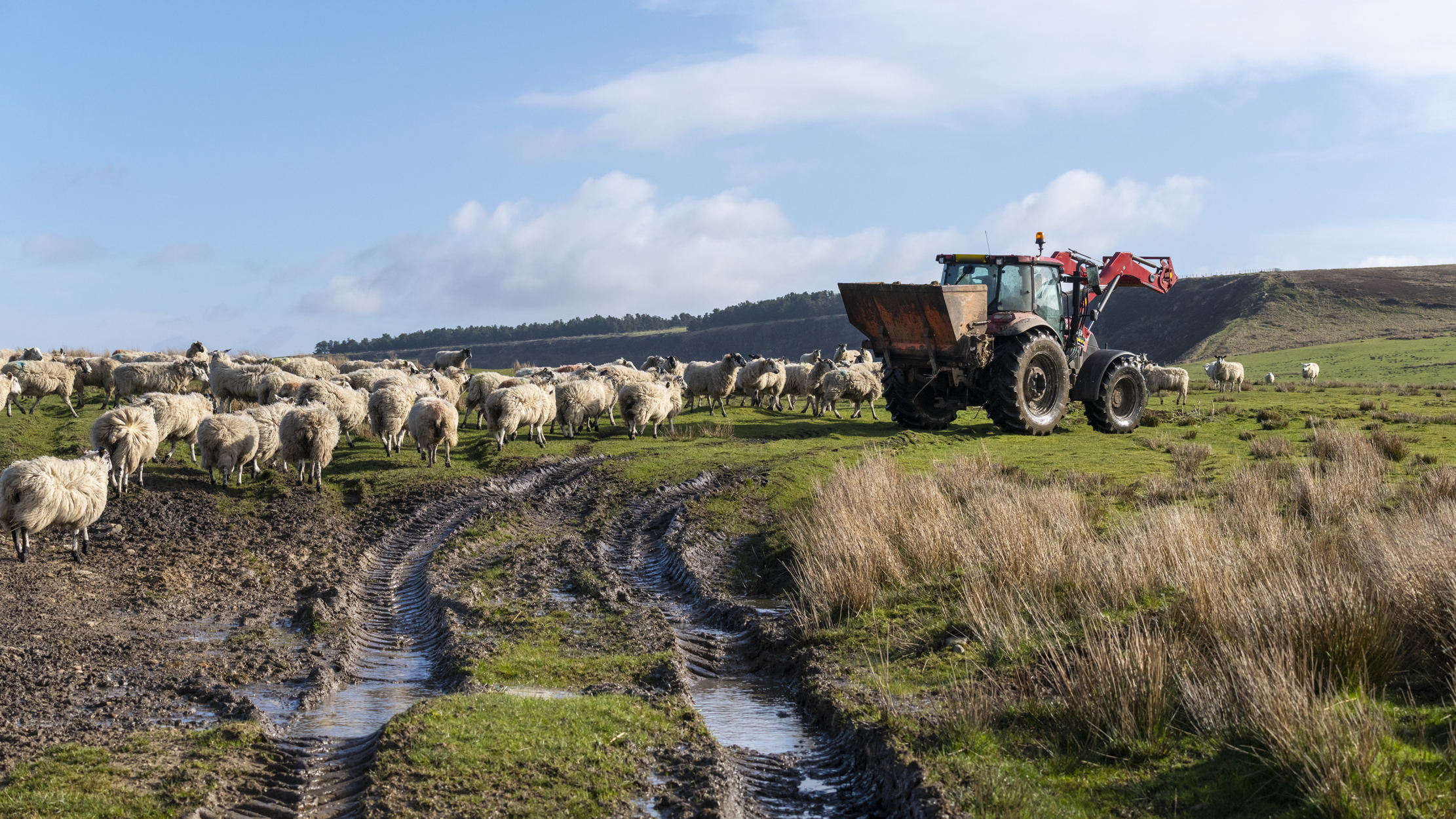
The world’s longest-running serial, billed by Radio Times as ‘a serial play of country life’ and now an unmissable fixture in many listeners’ daily lives, was launched on January 1, 1951.
The Archers was born out of a 1948 conference at which Godfrey Baseley, farming producer for BBC Midland region, invited suggestions from farmers for improving the coverage. Henry Burtt, a Lincolnshire farmer, proposed a ‘farming Dick Barton [a popular radio thriller] without the violence’. ‘The dangers and risks in farming were just as great as those in Dick Barton,’ observed Baseley. ‘Henry was a great grower of blackcurrants and knew it could all go in a storm.’ Burtt, with his son Stephen, inspired the characters of Dan and Phil Archer.
‘It was revolutionary as far as farming and the BBC were concerned,’ said Baseley, the Worcestershire-born son of a butcher who based many of the characters on people he knew. ‘We got it down to a formula: 10% education, 30% general information about the countryside and 60% entertainment.’ The Radio 4 series quickly caught the public’s imagination: ‘If we marry the girl to the wrong man, it can be the end. It’s a compliment to the programme, but it’s quite a responsibility.’
Baseley (1904–97), who killed off Grace Archer (in a fire) because the actress, Ysanne Churchman, was a potentially troublesome trade unionist, was taken off the programme in 1972 and disapproved of later storylines, opining that there was ‘too much sex and violence’. ‘The notion that a programme can both inform and entertain seems to be dying now,’ he harrumphed.
When Baseley was interviewed on Desert Island Discs in 1969, he selected Barwick Green, the bouncy theme tune of The Archers played by Sydney Torch and his orchestra, as the music he would take to the island. The maypole dance is taken from the suite Native Heath, which was composed in 1924 by Arthur Wood and named after Barwick-in-Elmet in West Yorkshire
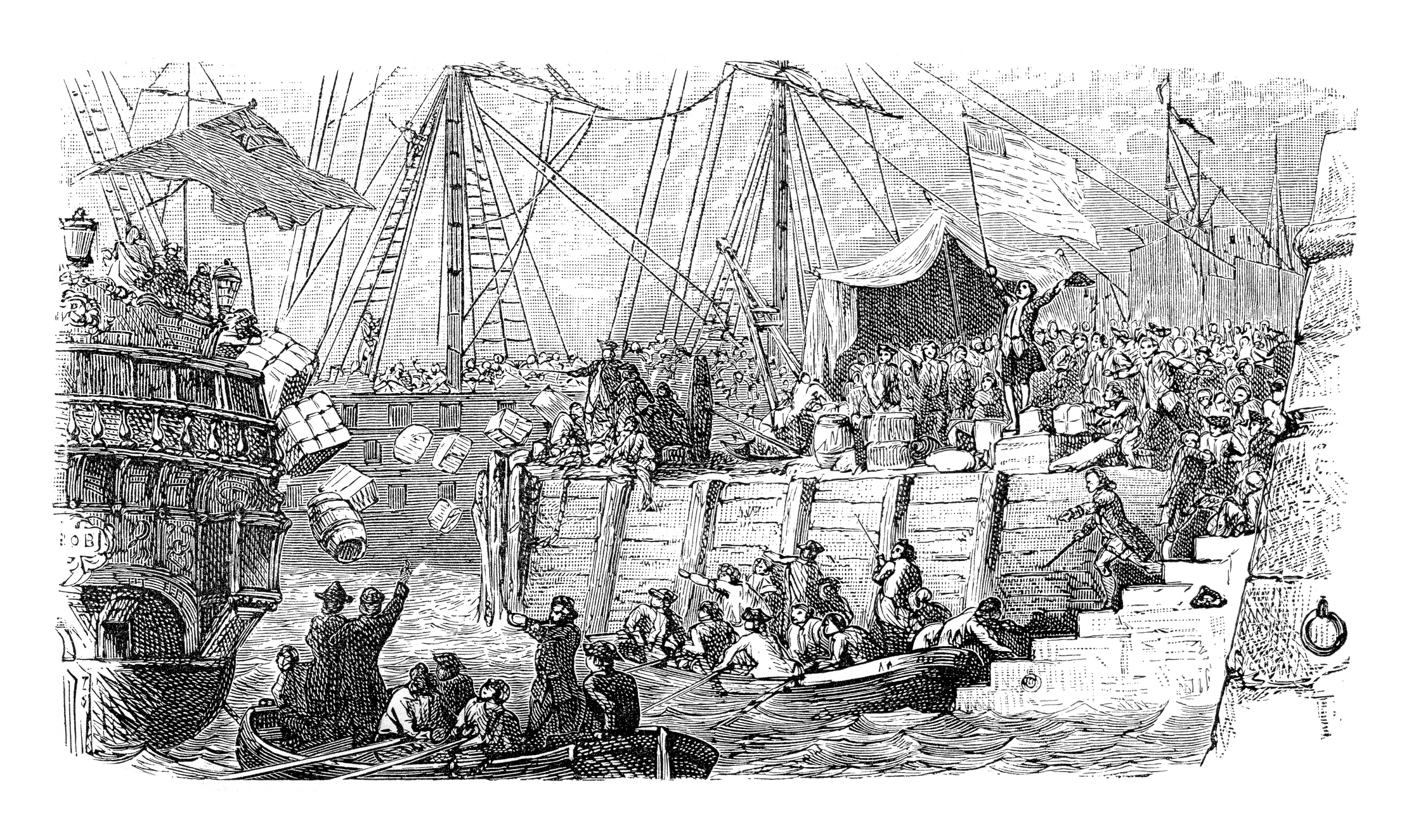
Credit: Ralf Hettler/grafissimo via Getty Images
The Legacy: Thomas Twining, the man who made such good tea, not even the Boston rebels would toss it in the harbour
Arriving in London as a young boy, Thomas Twining saw a gap in the market, and made his name as
Exquisite houses, the beauty of Nature, and how to get the most from your life, straight to your inbox.
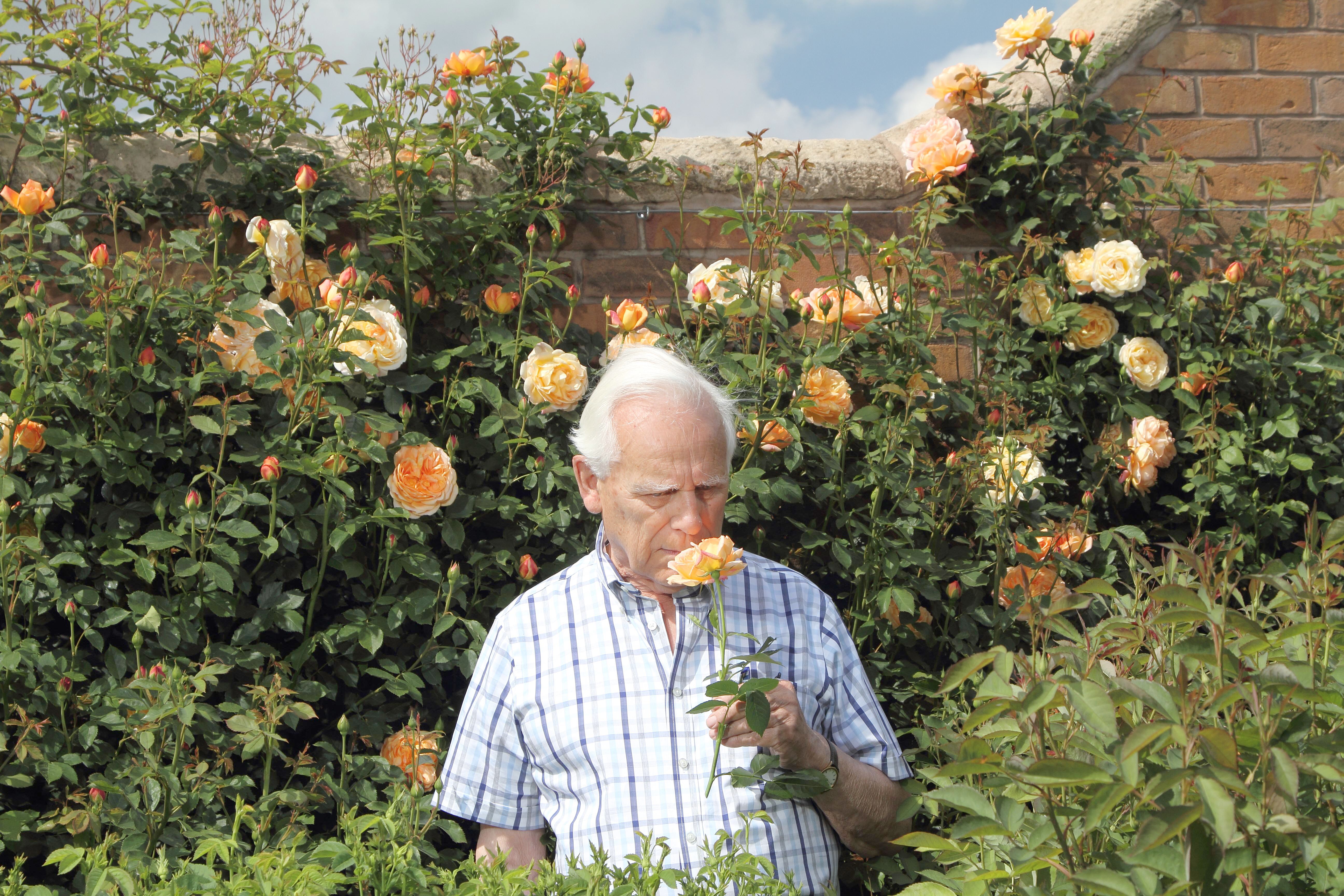
The Legacy: David Austin's English roses
Tiffany Daneff pays tribute to David Austin, the man whose name remains synonymous with roses even five years after his
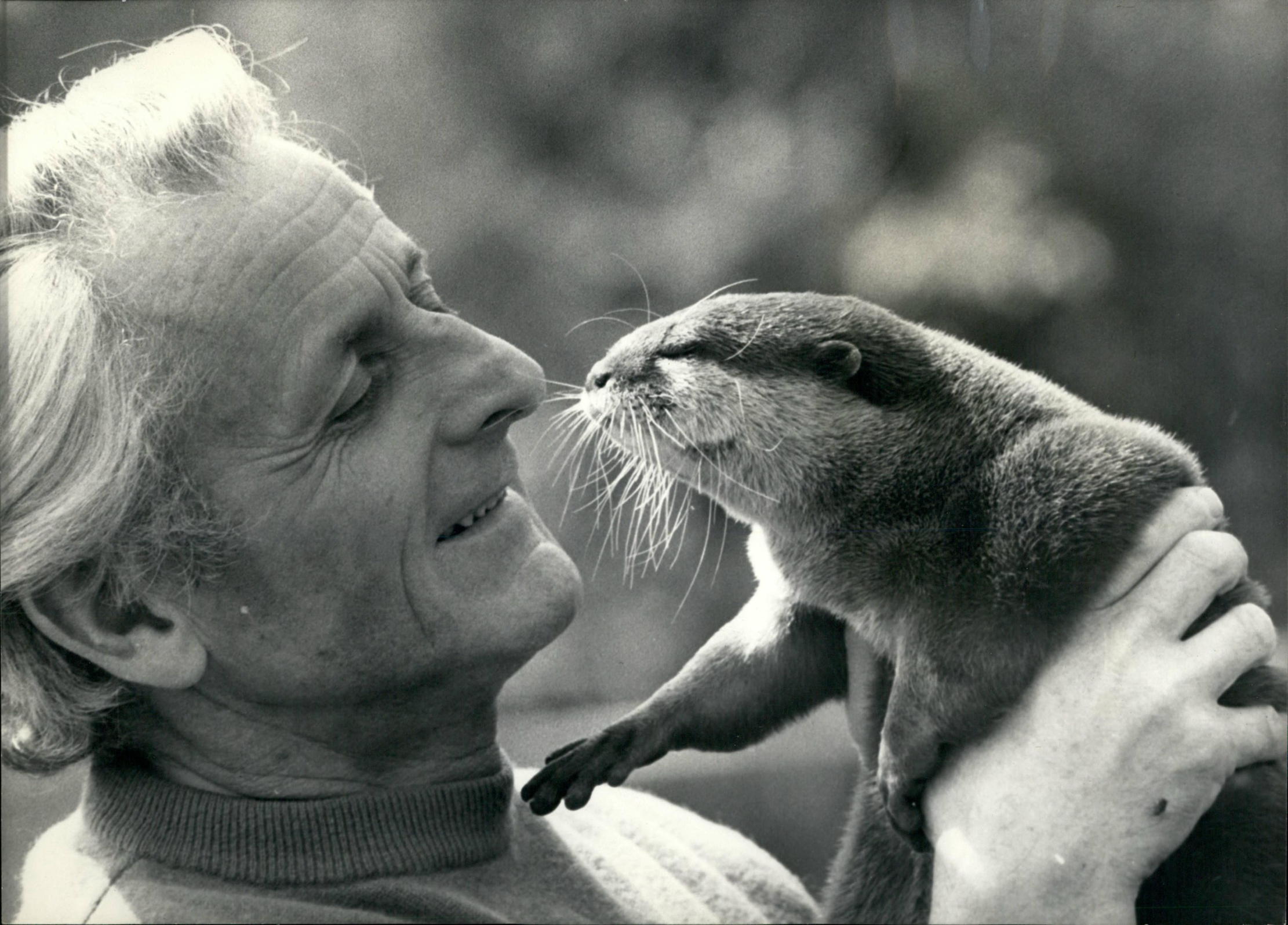
The Legacy: Philip Wayre, the man who saved the otter
The heartwarming tale of how this film-maker and naturalist restored the otter to English rivers.
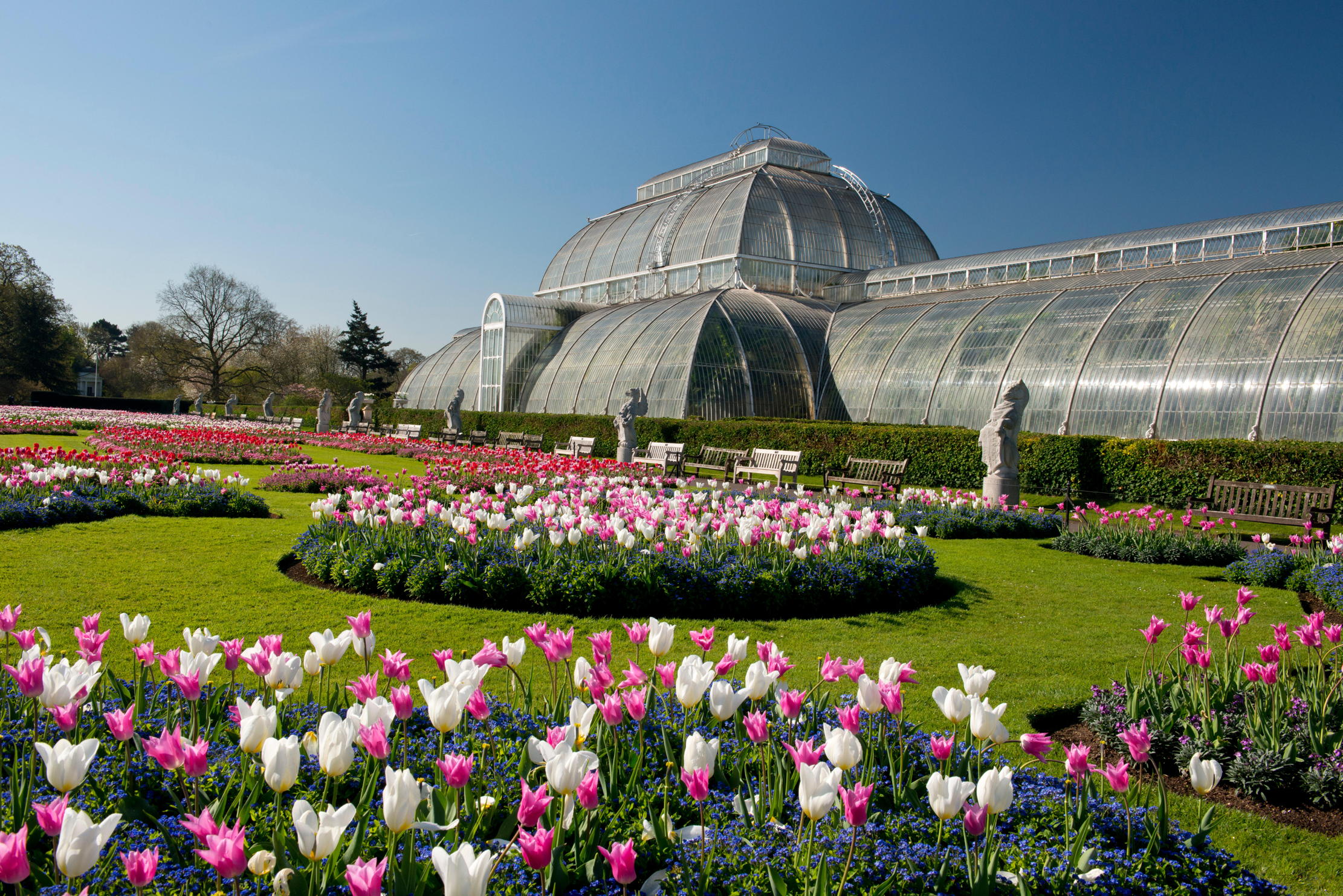
The Legacy: Sir Joseph Banks, the naturalist who created Kew
The Lincolnshire landowner who was described by David Attenborough as a 'passionate naturalist' and 'the great panjandrum of British science'.
Kate is the author of 10 books and has worked as an equestrian reporter at four Olympic Games. She has returned to the area of her birth, west Somerset, to be near her favourite place, Exmoor. She lives with her Jack Russell terrier Checkers.
